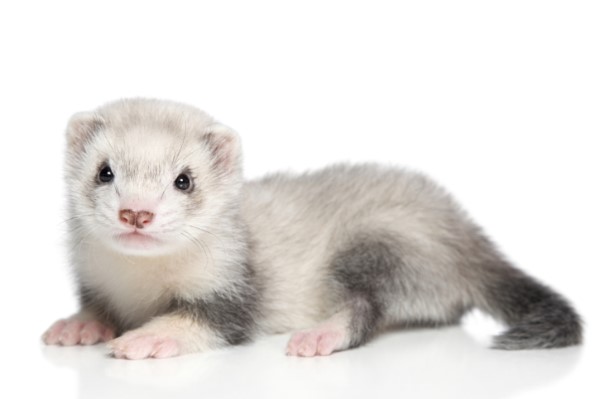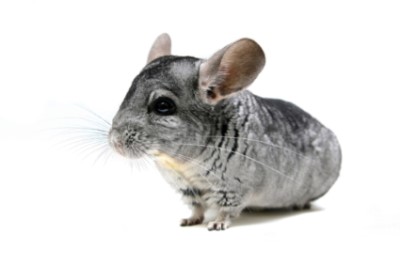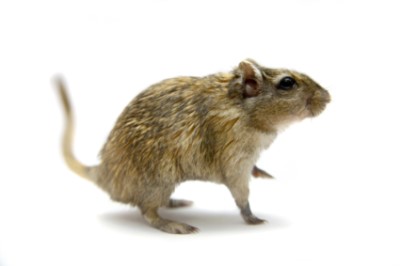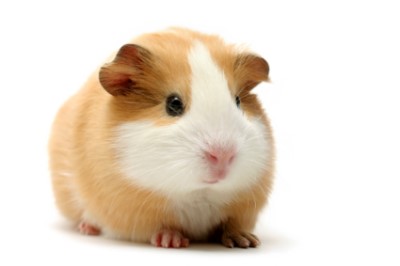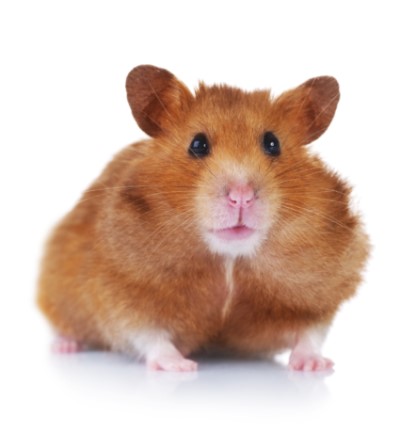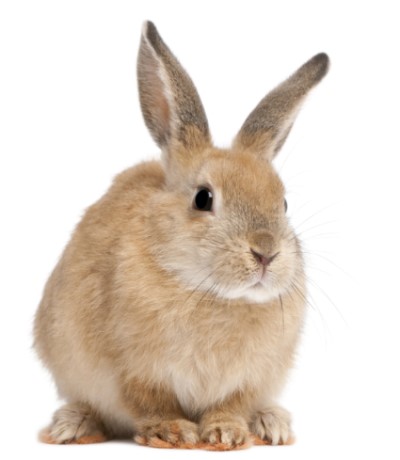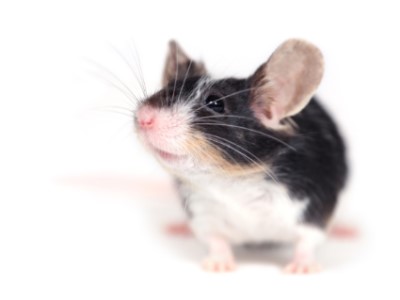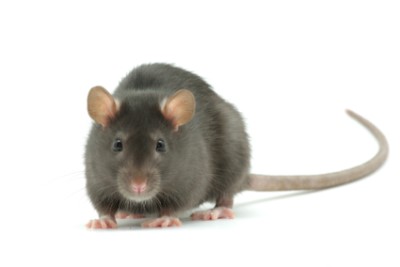Common Reasons for Surrender
Ferrets typically find themselves in rescue and in shelters for reasons common to all other pets. Owners surrender their ferret because the family decides they simply have no time to care for a ferret, the kids lost interest and no longer want to take care of him, a new baby is on the way, or the family moves and decides not to bring their ferret.
Pros
Ferrets are fun-loving animals that love to play. Their energy has been likened to “a two-year-old on crack.” Your ferret won’t be as dependent on you as a dog, but he will generally be more people-oriented than cats.
Cons
You must ferret-proof your home before adopting. Ferrets are curious animals that love to explore and can sometimes get into trouble. Ferrets are mousers, so if you are keeping other rodents as pets you will need to be sure they are in a safe environment before you bring home your ferret.
Diet
Provide your ferret with a diet that is high in meat protein. Because they are obligate carnivores, their diets should contain little to no grains and carbohydrates. Always make sure the first three of the first six ingredients, at minimum, are meat proteins. Corn and rice should be avoided as ferrets cannot properly digest protein from plants. In addition, your ferret’s ideal food will contain Taurine, 40 percent protein, and 20 to 22 percent fat.
Always give your ferret treats in moderation. The supplement, Ferretone, makes an ideal treat. You can also use Ferretone when you have to give your ferret medication he doesn’t like. When choosing treats for your ferret, remember that meat is good and avoid treats that contain sugar, preservatives, grains, fruits, and vegetables.
Some ferret handlers use a high quality dry cat food to feed their ferret. If your ferret’s stool begins to have a strong odor, you know he needs a higher quality diet.
Exercise
Your ferret will need plenty of time out of his cage each day. Ferrets should have a minimum of four hours out of their cage each day with babies needing between six to eight hours out. If you only have one ferret, be sure to give him plenty of time and one-on-one attention. A pair or a group of ferrets will also need interaction with you.
Possible Health Issues
More than 75 percent of ferrets will deal with insulinoma and adrenal disease during their lifetimes. Ferrets are also susceptible to cardiomyopathy and lymphoma. Your ferret-savvy veterinarian will also test for the Aleutian Disease Virus (ADV).
If your ferret gets sick and refuses to eat, try feeding him baby food with a syringe. Baby food is usually bland, which can help an upset stomach.
Housing
Ferrets need some sort of enclosure to keep them safe, such as a large cage. Allowing your ferret free run of the house typically isn’t recommended as ferrets can easily get into trouble when not supervised. If you have a spare room, however, you may want to transform it into a ferret room where, provided it is fully ferret-proofed, your ferret can safely live and run around.
Litter
Stay away from traditional cat litters. Clumping litter, if ingested, can cause health problems while clay litter often results in skin and respiratory issues. Instead, opt for safer options such as wood stove pellets, which can be purchased at Home Depot and Lowes in the winter months. Yesterday’s News and litter made from recycled paper are also a safe option.
Clean your ferret’s litter box every day or, at the very least, every other day, depending on how many litter boxes you have in the house.
Grooming
Your ferret will only need a maximum of one bath each month, although experts say that two baths a year should suffice. Trim your ferret’s nails as needed, which is typically every two to four weeks. Ferrets on a natural diet, in which they eat meat covering bone, will typically not need their teeth brushed. If your ferret is not on a natural diet, be sure to brush his teeth at least once a month. Brush your ferret regularly.
Ferrets are generally very clean but will need their blankets, hammocks, and sleep sacks washed regularly to ensure a clean and non-offensive smell.
Entertainment
Ferrets love attention, making them easy and fun to entertain. Most ferrets enjoy wrestling with one another but, if you have a single ferret, she’ll have just as much fun wrestling your hand. They love playing chase. Throw a ball that jingles on the floor, and your ferret will go running after it. Ferret tunnels also provide great entertainment as does sliding across the floor. Ferrets also like to hide their toys.
We want to thank Pennsylvania Ferret Rescue Association for help with this profile.
